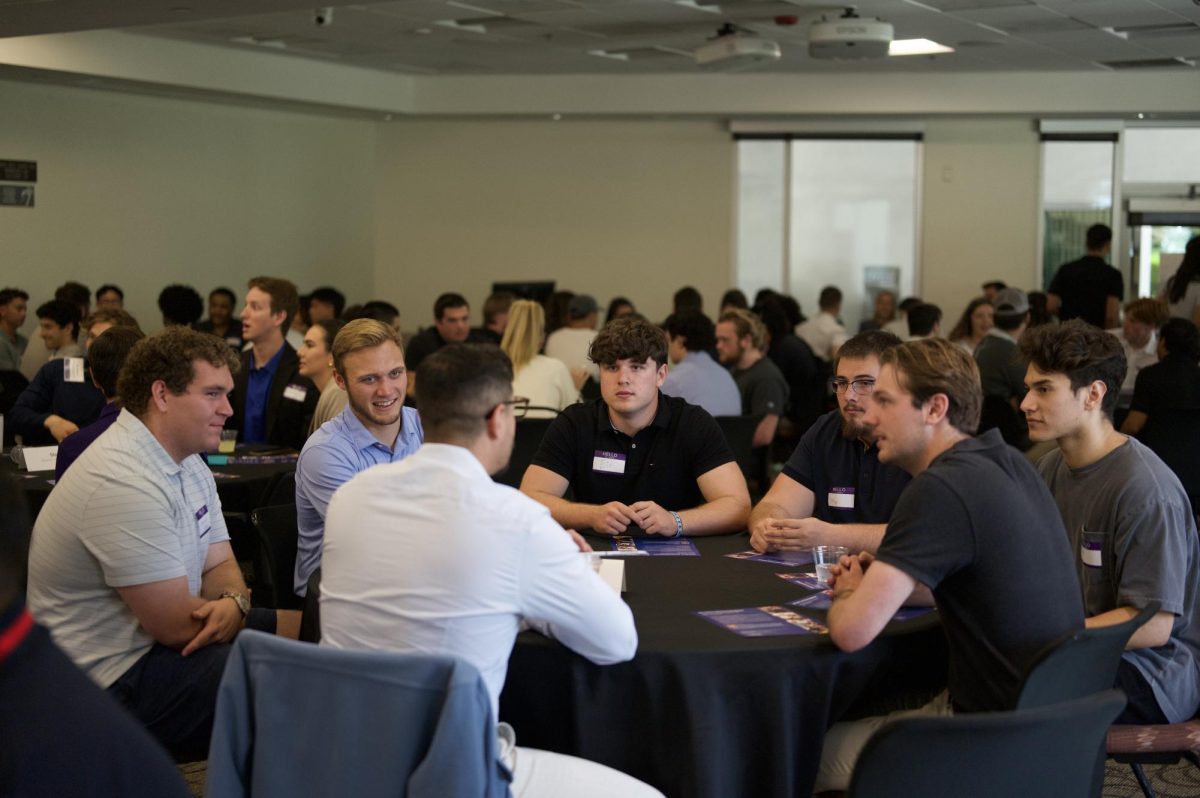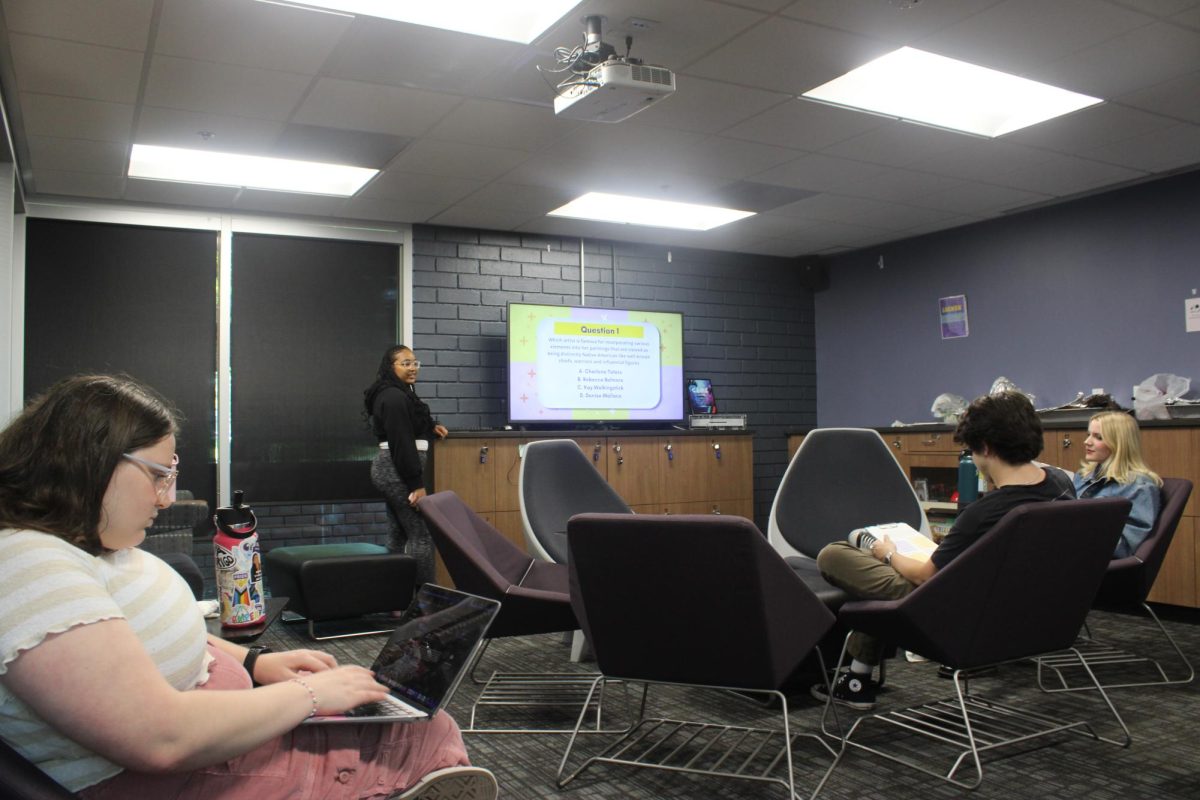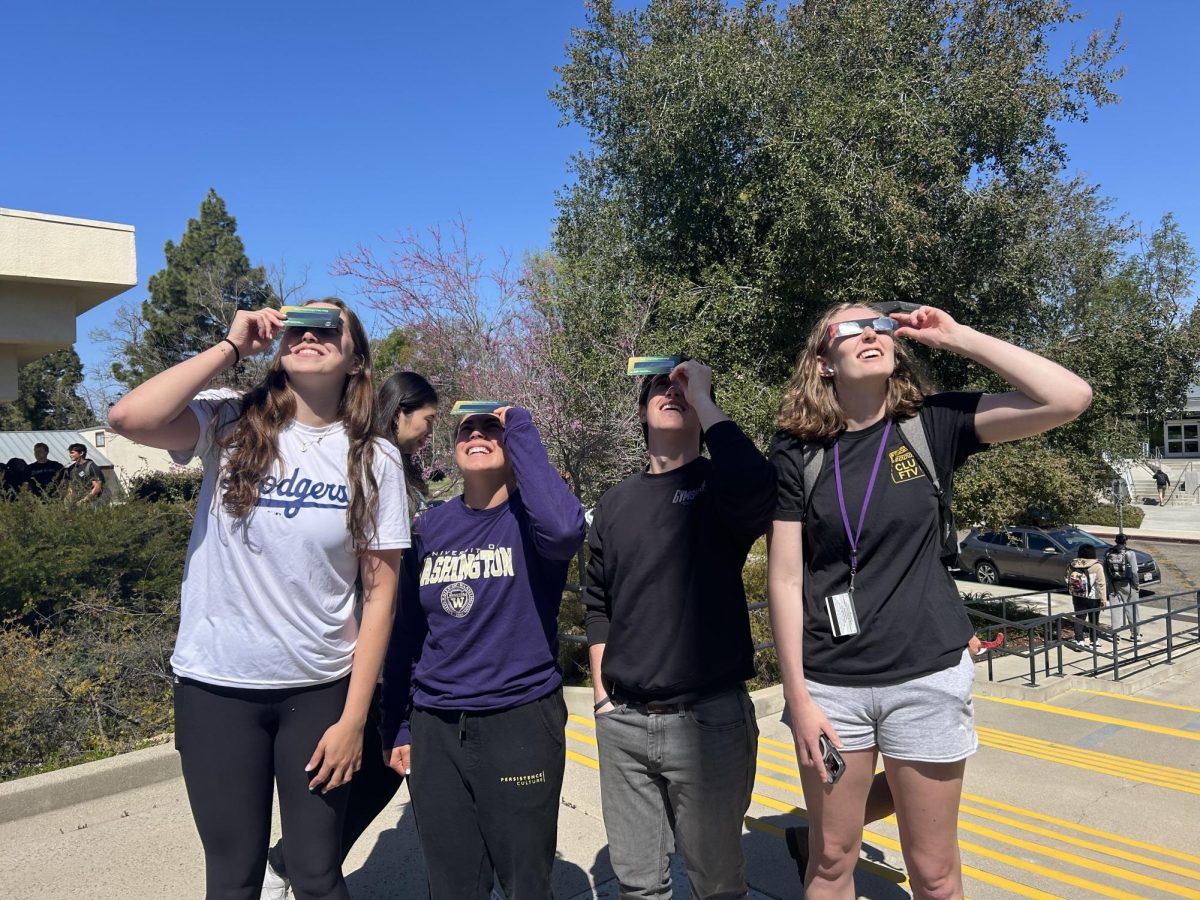The junior varsity athletic programs are something unique offered by Division III schools that are not seen at the Division I and Division II levels. California Lutheran University is one of the few colleges that has junior varsity team sports like baseball, men’s and women’s basketball, men’s and women’s soccer and volleyball, but the real question is why?
“The Division III philosophy of sports heavily emphasizes participation, and the JV programs enhances opportunities for more students to participate in an intercollegiate sport,” Athletic Director Dan Kuntz said in an email interview. “Some students find that the JV programs offer them the chance to be much more involved across campus (clubs, projects, etc) in their particular area of study or in internships that can benefit them in the future.”
According to Kuntz, when he first came to Cal Lutheran in 1993 there were already several junior varsity teams in place, and at some point the programs had to be put on hold. As new facilities opened there were more spaces for participation, there was a greater interest in the sports programs and the junior varsity programs were re-instituted.
“I feel strongly in the value of the JV programs because they are a tremendous place to learn and to compete. Without them many athletes may not have the opportunity to participate or would end up being cut from rosters,” Kuntz said. “In Division III we hope to give as many students as possible the opportunity to play sports if that is what they would like to do.”
Josh Malone, assistant coach and player developer for the JV basketball team, said some positives about junior varsity basketball are that you’re able to carry your career longer, as well as being able to get a chance to potentially play Division III varsity at the collegiate level.
“If someone is able to go up to the varsity level-I’ll relate it to the NBA and the NBA’s D-League. You’re also getting a lot more playing experience as a good JV player, and it’s really helping your in-game experience because, to be honest, that is the best experience you can gain as a player,” Malone said. “That’s the only way you’re really going to get better and that’s to become an experienced player and actually compile minutes.”
Tyler Shimamoto, a sophomore point guard for the Cal Lutheran JV basketball team said playing this year was very beneficial because they practiced a lot and he said he believes it improved his game a lot. He said he feels that playing JV really gives students a good opportunity to keep playing.
“I learned what it is like playing at a higher level, and it humbled me a lot,” Shimamoto said. “It made me work harder.”
A JV team not only humbles and develops players for the next level, but it also does for coaches.
“I believe that working for the program here definitely helped me, mainly because I now know what I want to do post-graduation as well as being able to be around the game and see how they do things and see how they adjust and develop my own philosophy with them contributing to my beliefs and what I would do as a head basketball coach,” Malone said. “It was an extremely helpful and humbling experience through working for the program here.”
Although playing JV at the college level may seem out of the ordinary, it is still a great learning tool for up-and-coming coaches. It can also boost a players confidence, and he or she can transfer that confidence on to the bigger stage, which is varsity.
“Some may perceive participation on a JV team as less significant, but in reality, it can be a great opportunity to participate in intercollegiate sports when otherwise access might not be available,” Kuntz said.
Randall Shumpert
Staff Writer
Published March 18th, 2015







